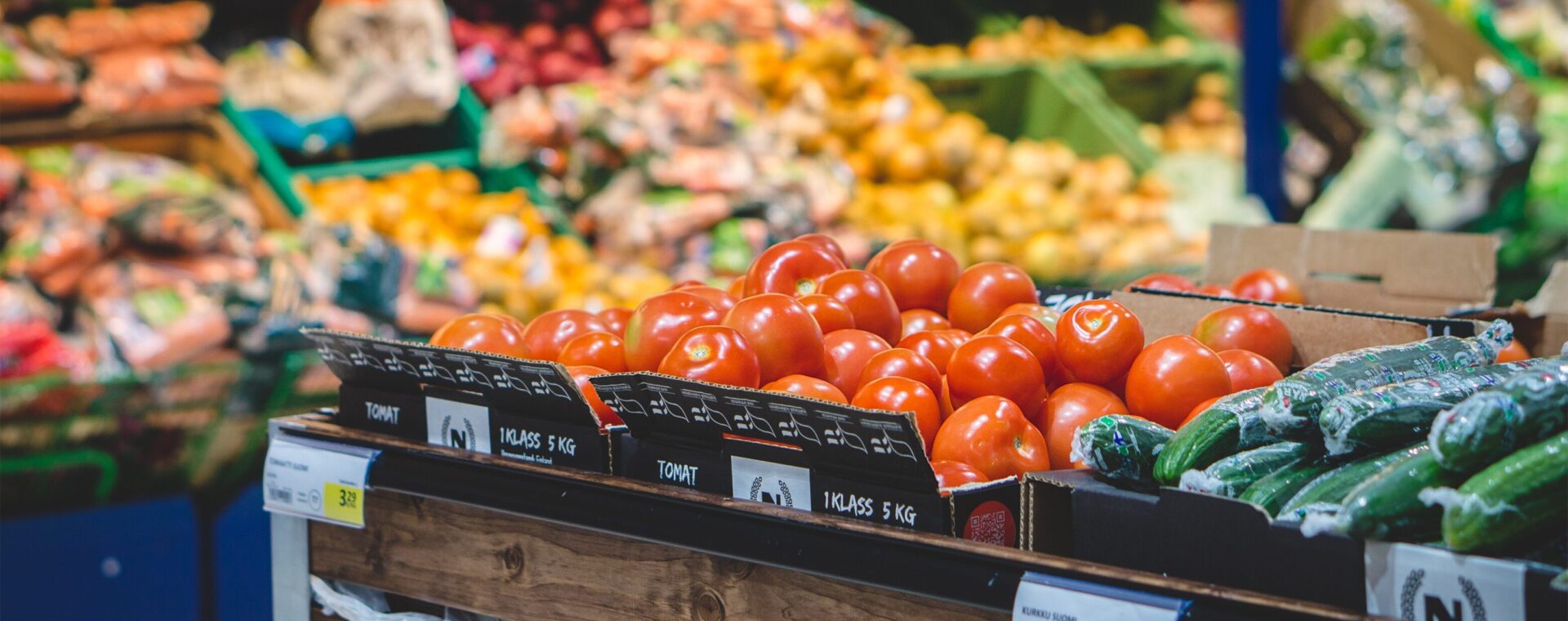

In a world increasingly conscious of environmental impacts, understanding the influence of sustainability on grocery shopping is crucial.
According to our latest Grocery Eye report, three-quarters of UK consumers state that their grocery purchasing decisions are influenced by the desire to be sustainable. But as sustainability encompasses so many components, it can be difficult to pinpoint what really is moving the needle.
Consumers seek clarity
With 30% of consumers finding it difficult to determine whether a product is sustainable or not, brands and retailers are expected to assist them in making responsible choices. Providing clearer information, education, and a wider availability of sustainable options are essential steps in this direction.
Keep it simple
Despite the strong desire to make sustainable choices, many consumers’ actions remain limited, especially among younger demographics. Simpler, cost-saving behaviours such as using reusable bags, minimising food waste, and purchasing ‘wonky’ produce remain top of the list. Meanwhile, more ‘involved’ behaviours such as buying products with a low carbon footprint, or that are organic, remain limited to less than 1 in 5 consumers.
Navigating a complex area
Sustainability means different things to different people, and although packaging is often front-of-mind as an easy cue for sustainability, consumers are interested in a wide range of sustainable aspects. Besides plastic and recycling, food waste, animal welfare, health eating, human rights, and many more are all considered important – giving brands the freedom to focus on aspects that are relevant and authentic to them.
Check out the full report to find out more.








